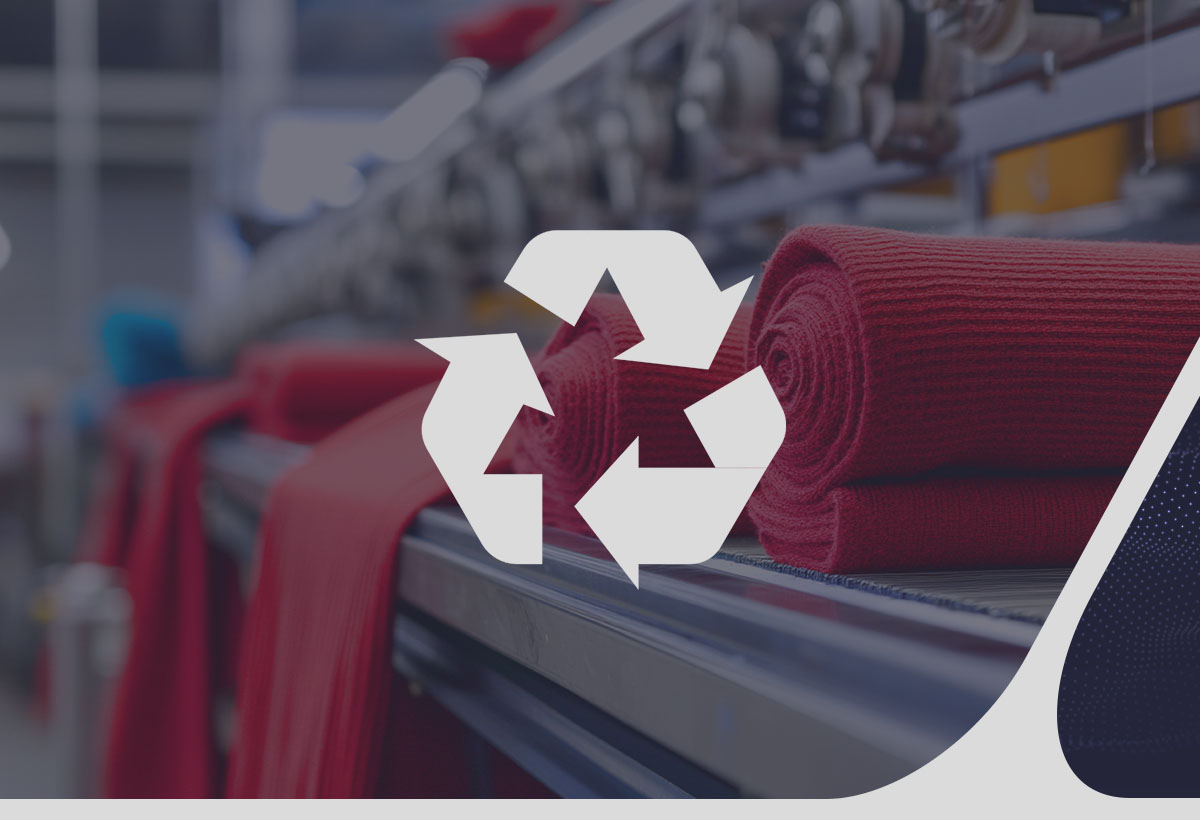The adoption of measures that minimize environmental impacts within the production process is called sustainable production. It does not reverse existing problems, but prevents them from worsening, reducing health risks and causing positive economic and social effects.
The textile industry has traditionally been one of those that causes damage to the environment. For this reason, it is emerging as a sector interested in finding solutions. Currently, there are ways to adapt the production process and ensure the reduction of impact on the environment, in addition to generating benefits such as cost reduction and even increased profits.
To better understand this topic and learn how to make your production sustainable, continue reading!
Why produce sustainably?
In all stages of production in the textile industry, including spinning, weaving, processing and clothing, a lot of waste is generated. The raw material goes through planting and fertilization stages in which pesticides and pesticides are used and the cotton is usually dyed with dyes containing elements with toxic compounds.
There is still a great need to use water (around 150 liters for 1 kilo of fabric) and its effluents, even if treated, cause environmental impacts. There are also several factors that cause air and soil pollution.
In addition to the company’s environmental responsibility, consumers are increasingly concerned about environmental issues. According to research released by the National Confederation of Industry (CNI), of the 2,000 people interviewed, almost 38% were concerned about knowing that the item was produced in an environmentally friendly way.
31% of them said they would pay more for products manufactured in an environmentally friendly way and 62% said they would boycott brands that have labor, political, discriminatory practices or that have committed environmental crimes.
This number tends to increase over the years and, little by little, brands that do not adapt to sustainable production will lose more and more space.
How does sustainable production reduce costs and increase productivity?
Industry 4.0 arrived to present the sector with a new way of producing, not only reducing impacts on the environment and becoming sustainable production, but also solving old problems.
If before it was necessary to identify problems in the fabric manually and discard parts or produce those that were damaged with second quality, with a fabric and knit checker, problems are identified in a few minutes, immediately after arriving from the supplier..
As a result, it doesn’t even get to the manufacturing stage, it returns due to non-compliance and ends up with problems of waste and losses.
Another example is the sample washer, which, through washing and drying cycles, determines the percentage of shrinkage and facilitates monitoring of the production process. What used to take about 3 hours in domestic washing machines now takes just 15 minutes. One of our customers even reduced monthly mesh consumption by 75% and saved more than R$15,000 per month by reducing waste, using the DWM555 Sample Washer.
We can also point out the automatic packaging machine that increases productivity, generates savings and reduces plastic consumption. Another client of ours managed to eliminate the third shift, producing 200 rolls per hour, in addition to increasing production by 80%, reducing plastic consumption by 20% and saving around R$41,000 per month, using the EWB 700 automatic wrapping machine.
Related:
- Objeto Brasil reduces waste by R$15,000 with Delta Equipamentos washing machine
- How can technology reduce remaking in textile production?
- What are the differences between the Delta sample washer?
How is Industry 4.0 aligned with sustainable production?
Contrary to what many imagine, sustainable production can bring savings. If on the one hand there are investments in machinery, on the other hand various gains are obtained, such as those mentioned above. This is why Industry 4.0 has caused transformation.
It is the future, it optimizes the production line so that workers have greater safety, impacts on the environment are reduced and companies make more profits, wasting less. We all just have to win.
In addition to choosing to purchase modern machinery, sustainable production is also based on new ways of production, such as the circular economy. Do you want to know how it can be applied to the textile sector? Check out this other article!


![Sustainable production-E-book]How to ensure quality control in the textile industry?](https://deltamaquinastexteis.com.br/wp-content/uploads/2019/04/ebook-como-garantir-o-controle-de-qualidade-na-industria-textil-1.jpg)